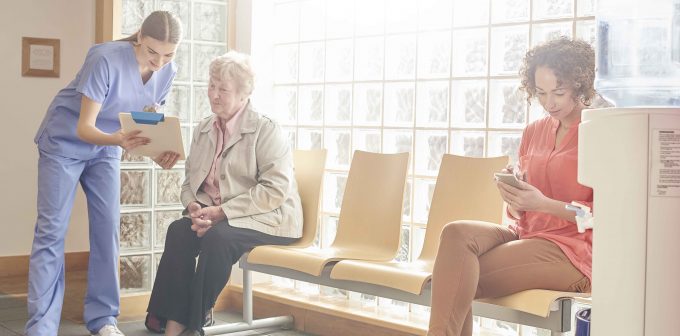Published:
http://medicalrepublic.com.au/slow-medicine-changing-game/20955
Osana Health Care, with three clinics in Sydney’s north shore and eastern suburbs, has a “slow medicine” vision for improving patient experience and outcomes while liberating GPs from the fee-for-service “treadmill”.
Osana founder, Dr Kevin Cheng said he had a five-year time frame to demonstrate health outcomes from the intensive, team-based preventative care offered at his clinics, to make a case for government funding.
Osana, which charges only $150 a year for membership and $80 concession, is working with the George Institute collecting data to show benefits for the health system in the form of reduced hospital admissions, emergency presentations, procedures, specialists and medication costs.
“If we can reduce the bill for those services, we can hopefully create the business case for the health system to invest upstream into a model like ours,” Dr Cheng told The Medical Republic.
“There is a big gap between what Medicare would provide in its current incarnation, and what we believe good care actually is.
“A typical hospital admission is, on average, $6000 in Australia, and if you go to ICU, it’s four times that. If we can save one hospital admission, that pays for our service almost five, tenfold.
“So the investment case is very compelling. The reason it doesn’t happen is that we have quite a fragmented health system with different payers funding and providing different parts.
“So the natural incentive, if you’re an integrated health system, is to invest upstream in parts of the health system that are affordable and cost-effective, so that you won’t have to keep building hospitals and adding more tertiary services every 10 or 20 years.”
Dr Caroline Rogers, clinical director of Osana’s Narrabeen practice and a GP of 20 years, said the experience was “completely different” for patients and doctors.
“We’re not here to see a certain number of patients a day, so that’s a real change in pace.
“We’re not always rushing after the next short appointment or the next high-earning item number. We also are working as a team, and for GPs takes a bit of getting used to. We’re used to sitting in our room and doing our own thing, and not really having to communicate with other people.
